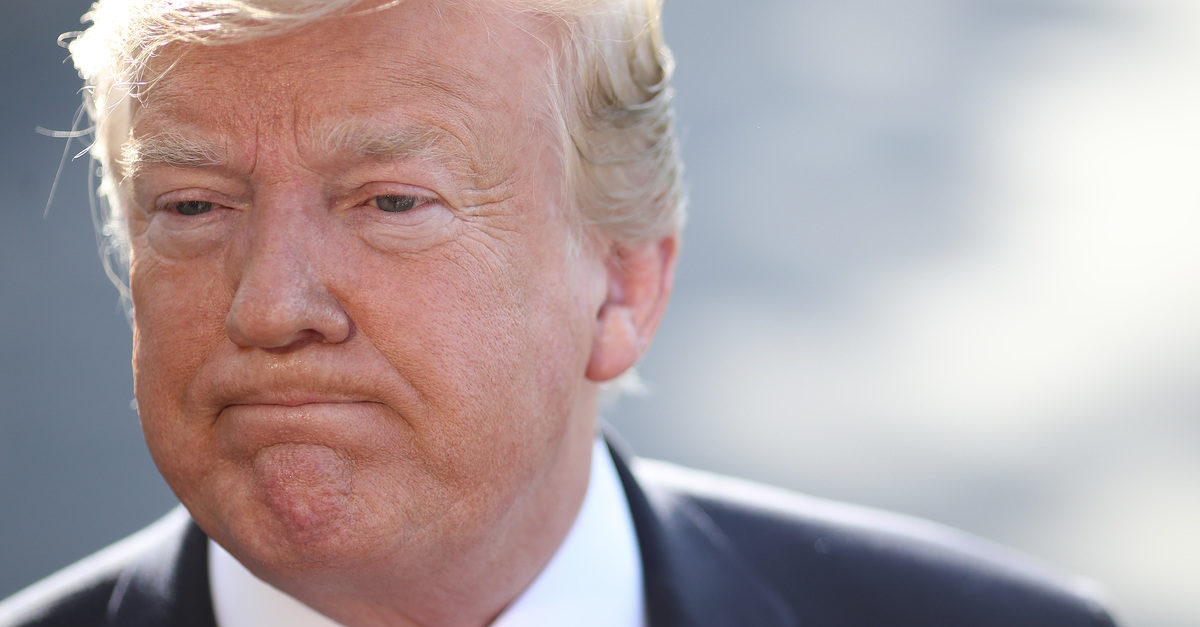
President Donald Trump’s recent threat to unilaterally adjourn Congress in order to circumvent the Senate confirmation process for nominees to the judiciary and other roles he deemed “essential” in the midst of a global pandemic is “as unnecessary as it is unprecedented,” according to George Washington University law professor Jonathan Turley.
During Wednesday’s coronavirus press conference, the president went on a tangent attacking Democrats for allegedly blocking his judicial appointments despite Republicans being in control of the Senate chamber for the entire tenure of his presidency.
He suggested his nominees should only face “one hour” worth of Senate hearings before they are confirmed. He also threatened to use his “very strong power” to “exercise [his] Constitutional authority to adjourn both chambers of Congress.”
In an op-ed published in USA Today on Friday, Prof. Turley contended that Trump’s purported need to invoke the never-before-used constitutional provision allowing presidents to formally adjourn Congress “on extraordinary occasions” are “transparently opportunistic.”
“The reasons given by President Trump for such an unprecedented act is strikingly weak,” Turley wrote. He continued to call out Trump’s conduct:
“He complained about his ability to secure the confirmation of an official to oversee the Voice of America because he did not like the content of the coverage. He also complained about the failure to confirm judges despite the fact that the Senate has already set a record with roughly 200 judicial confirmation, a record that will be hard for any president to beat for some time. He insists that these and other appointments are needed to deal with the pandemic, a claim that seems transparently opportunistic.”
Additionally, Trump’s power under Article II, Section 3 can only be invoked when the House and Senate disagree on their own adjournment date for the current session, Turley noted. The chambers have already agreed on Jan. 3 as the date of adjournment, meaning Trump would have to “force a disagreement” over the agreed upon date, then become the first ever president to order adjournment using this power, place the houses in recess, and finally use the forced recess to make unilateral appointments.
“[T]he Senate would not only have to cooperate in a scheme to nullify its own authority but it would likely have to torch long-standing rules governing things like cloture to end debate — rules designed to protect minority interests in what Senators like to call ‘the world’s greatest deliberative body,’” Turley wrote, adding, “That daisy-chained strategy can break easily at various critical points.”
Turley concluded that Trump’s threat was “as unnecessary as it is unprecedented,” citing to the current pandemic to say that “there has never been a more important time for ‘regular order’ and bipartisanship.”
[image via Win McNamee/Getty Images]